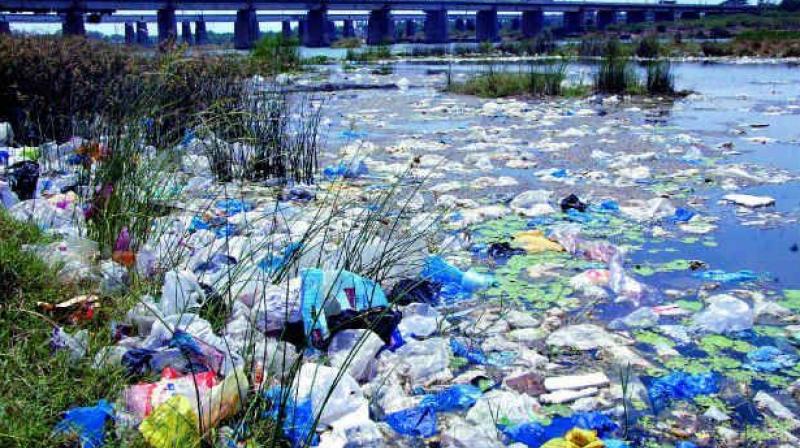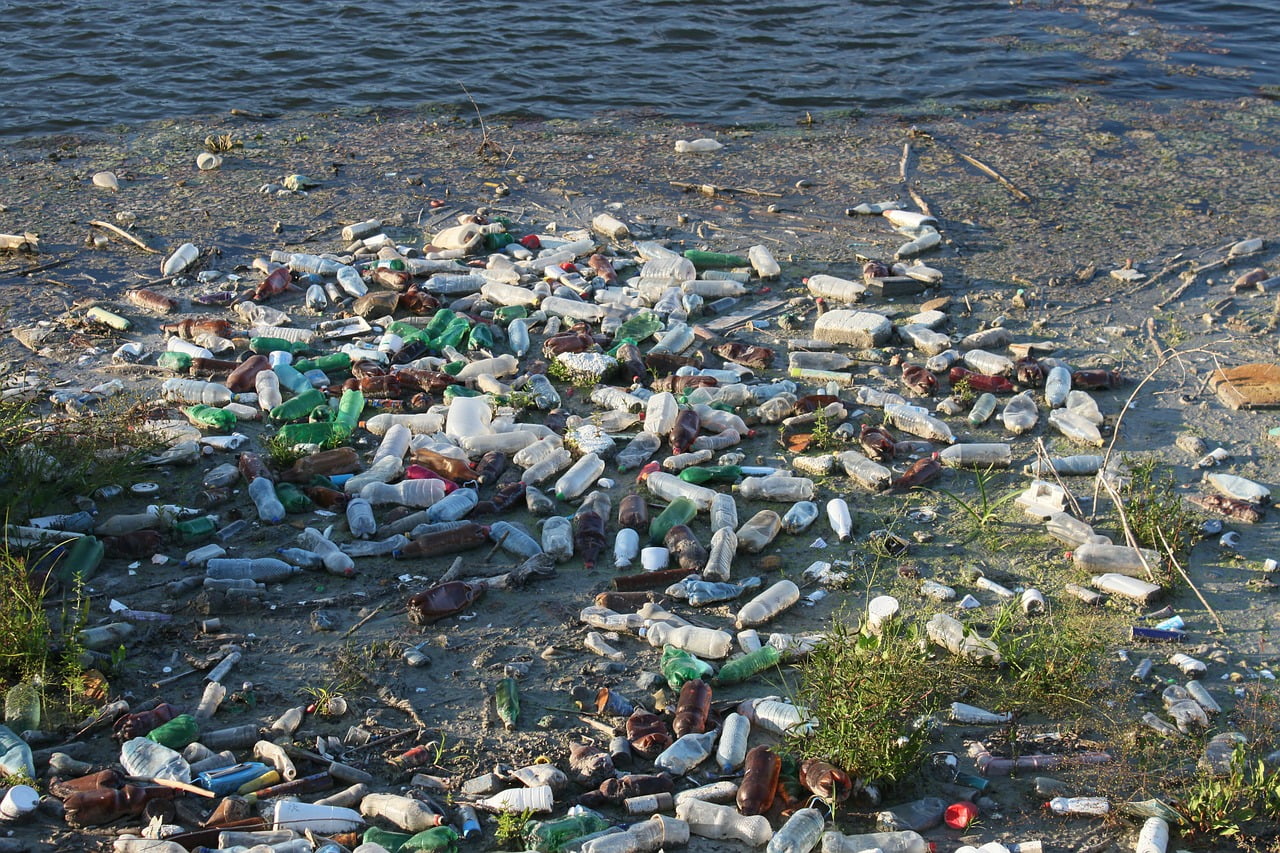According to think-tank Worldwatch Institute, humans produce about 300 million tons of plastic every year, creating one of the world’s biggest environmental problems – plastic pollution.
“If we continue to consume and then dispose of plastic at the same rate, by 2050 the weight of plastic containers in the ocean will equal the weight of the fish in it,” Ben Gurion University scientists explain.
That’s why they have come up with an extraordinary solution: genetically modified bacteria that feed off plastic.
SEE ALSO: Can The Newly Developed ‘Coral On A Chip’ Save The World’s Reefs From Extinction?
Developed at Israel’s Ben-Gurion University, bacteria called Pseudomonas putida are genetically modified to “eat” polyethylene-terephthalate (PET), a common type of plastic that’s proliferating in the oceans and on the land. Essentially, the BGU team (dubbed “Plasticure-BGU“) spreads these bacteria on plastic particles, so that the plastic eventually breaks down, student Nir Zafrany tells NoCamels.
SEE ALSO: Wrapped In Nature: New Biodegradable Food Packages
One of plastic’s best features is one of its greatest drawbacks: Its durability makes it virtually non-degradable. An average bottle of mineral water takes roughly half a millennium to decompose, leading to a global accumulation of plastic waste.
According to a study conducted in the Mediterranean Sea, 18 percent of fish sampled had plastic remnants in their stomachs. Some of these fish eventually end up on our plates.
Sign up for our free weekly newsletter
SubscribeMany ideas have been considered for dealing with plastic waste, such as burning or burying it, but these solutions damage the environment because of plastic’s toxicity. Since the introduction of plastics, some microbial communities or species have evolved to successfully degrade plastics. However, from an evolutionary point of view – and probably as a result of only being exposed to plastic for 100 years – they do not biodegrade plastic efficiently yet.
Enter “Plasticure-BGU.” This invention would degrade the plastic and, as a bi-product of this process, will produce electricity by utilizing the energy released from PET’s bonds.
According to the research team, “we chose to tackle the problem from a biological standpoint, using engineered enzymes and bacteria that could use plastic as a primary carbon source.” This solution “holds great promise in improving our quality of life and stopping the impending threat that plastic waste holds over our heads.”
Using advanced methods in genetic engineering and synthetic biology, the team aims to increase the productivity of enzymes that are part of the degradation mechanism and form an efficient bacterium that could consume plastic rapidly. The BGU team says it continues “to research and develop the idea until we can efficiently break down plastic.”
Although Zafrany is hesitant to predict when this bacteria-based solution will become scalable, he believes that ultimately, “the solution to the world’s massive plastic problem is biological.”
In addition to Zafrany, BGU researchers and students taking part in this project include: Tomer Shary, Ben Vaknin, Inbar Segal, Dor Bar-On, Eyal Zajfman, Inbar Bariah, Liran, Guy Farjon, Yotam Itzhaky, and Efrat Jeshurun.
Photos and video: Ben Gurion University, Change.Org
Related posts

Resilient And Nutritious New Plant-Based Milk Aims To Make A Splash

Chocolate From Cultivated Cocoa Comes Without Environmental Toll

Plastic Fantastic: Startup Takes PVC Back To Its Crude Oil Roots






Facebook comments